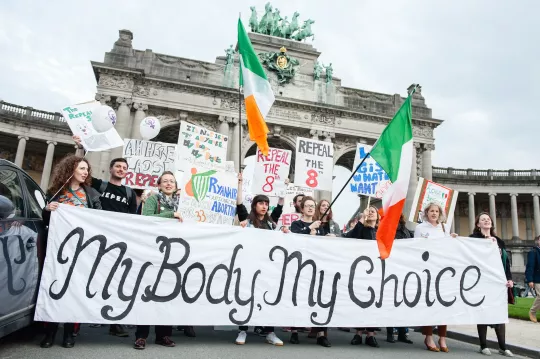Featured Courses

POLS 431: Politics and the Media
POLS 431: Politics and the Media [with a focus on technology], taught by Professor Willie Gin (satisfies UD American Politics elective requirement).
This course looks at the impact of technology on US society and politics. In particular the course evaluates the role the Internet and social media has played in American politics, as well as look at developments in surveillance, data collection, predictive algorithms, and artificial intelligence.

POLS 314: Environmental Political Theory
POLS 314: Environmental Political Theory, taught by Professor Emily Ray (satisfies UD
Political Theory elective requirement)
Environmental political theory covers contemporary political theory related to the environment,
human/nature relations, theories of environmental and social justice and related movements, and
theories of sustainability. We read works on feminism, justice, sustainability, political ideologies,
political economy, and democracy. This class challenges us to think beyond
immediate environmental and climate pressures and to think about how we think about them,
how our political responses are shaped by the world we live in, and what kind of consciously
created politics we want in a climatically changed world. The class works together to see theory
and action together, not as different spheres of life. This class is driven by conversation,
discussion, and debate, and as such it's a thrilling exchange of ideas and a place of collaboration;
we are all learning and teaching together. We look at some challenges associated with climate
change, but we also look at what a better politics could look like, too.

POLS 448: Political Violence, Terrorism, and Law
POLS 448: Political Violence, Terrorism, and Law, taught by Professor David McCuan
(satisfies UD International Relations elective requirement)
An examination of political violence, terrorism, and legal structures affecting management of
conflict. Includes introduction to scientific methodologies used to study political violence
and both current and historical conflicts. Course learning objectives include: gaining an
understanding of social science conceptions of “terrorism” and “political violence”;
increasing knowledge of terrorism actors, motivations, organizations, and forces that mark
the use of violence for political gain; gaining knowledge of the historical epochs of political
violence and the controversies that result from a response by targeted nations and actors; and
creating, examining, and analyzing theories and concepts that inform our understanding of
legal structures, terrorism, and political violence.

POLS 487: Politics of Reproductive Rights
POLS 487: Politics of Reproductive Rights, taught by Professor Cynthia Boaz (satisfies the
UD Comparative Politics elective requirement)
This class studies the most important questions related to reproductive rights from five major sets
of perspectives: historical/cultural, medical and scientific, philosophical, moral and religious, and
political/legal. Along the way, we will compare the gendered, racialized, cultural, sexual, and
classed dimensions that underlie women’s reproductive health in Ireland, Romania, and the
United States. Topics highlighted in some of the readings include the social construction of
social/health problems and the female body; the essentialization of women as reproducers; the
relationship between the corporeal body and the body politic; and the effects of structural
violence on reproductive health. We consider the US/Irish/Romanian state's regulation of
reproduction, wherein increasing governance of private life, intimacy, and sexuality suggests the
blurring of boundaries between public and private interests. Other than regulating abortion, these
state activities and policies include promoting fertility, attempts to curb population growth,
limiting access to reproductive health care, and increasing governance of pregnancy.

